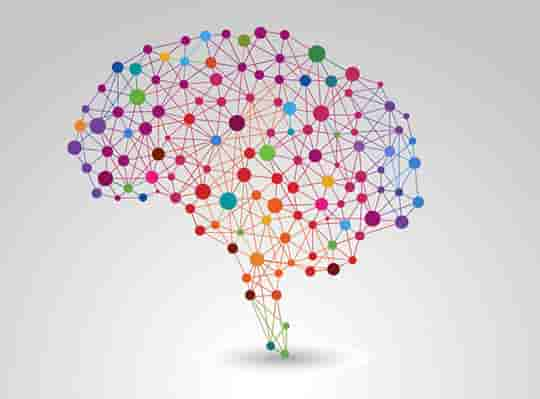With age, people’s gut becomes less healthy and this is linked to memory problems and Alzheimer’s.
Garlic could help prevent age-related memory problems by improving gut health, research suggests.
Typically, with age, people’s gut becomes less healthy and this is linked to memory problems and Alzheimer’s.
However, a compound in garlic called allyl sulfide may help support the healthy bacteria in the gut.
It restored both long- and short-term memory in the study of aging rodents.
Dr Jyotirmaya Behera, the study’s first author, said:
“Our findings suggest that dietary administration of garlic containing allyl sulfide could help maintain healthy gut microorganisms and improve cognitive health in the elderly.”
Recent research has shown that gut health affects brain health.
Dr Neetu Tyagi, study co-author, said:
“The diversity of the gut microbiota is diminished in elderly people, a life stage when neurodegenerative diseases such as Alzheimer’s and Parkinson’s develop and memory and cognitive abilities can decline.
We want to better understand how changes in the gut microbiota relate to aging-associated cognitive decline.”
The study included mice who were two-years-old, which is the mouse-equivalent of people in their 60s.
Some were fed the allyl sulfide supplement and others not.
The results showed that the garlic constituent helped restore the cognitive abilities of the senior mice.
Both their long- and short-term memory was restored by the supplement.
It is possible that garlic could be used as a treatment for memory problems linked to aging.
The study was presented at the American Physiological Society’s annual meeting (Behera et al., 2019).










